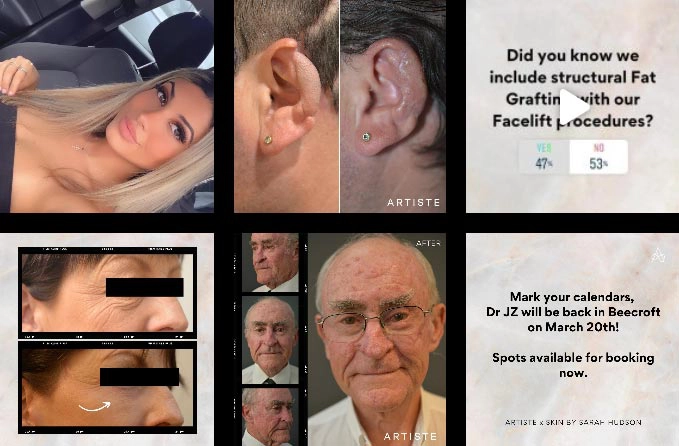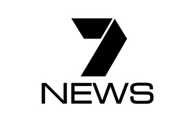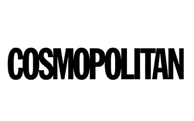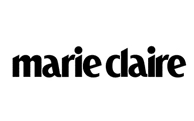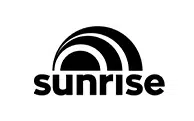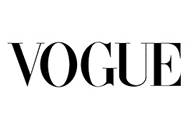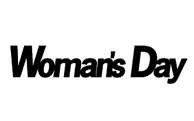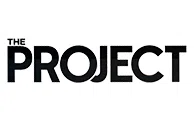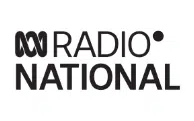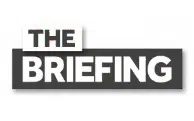What are the Dos and Donts After Rhinoplasty?
Model featured in photography
For individuals who undergo rhinoplasty, whether for aesthetic or functional reasons, a key component of the healing process is following post-operative care guidelines. Proper aftercare is intended to support the body’s natural recovery process, helping patients manage swelling, discomfort, and other typical post-surgical effects. Additionally, each patient’s healing process is unique, so it’s essential to consult with your healthcare provider regarding specific recovery guidelines.
In this article, we’ll explore some general “dos and don’ts” after rhinoplasty to help patients understand what they can expect during recovery and how to support their own healing process. Remember, these suggestions serve as a general guide and should be supplemented by the personalised advice provided by your surgeon.
Things to DO after your Rhinoplasty
Get plenty of rest and stay hydrated
After the surgery, you are expected to be at least two weeks unsociable. Having lots of rest, such as enough sleep at night and a well-rested body, will help you recover faster. Drink at least two litres of water daily to help reduce any post-operative swelling.
Keep your head elevated
To help reduce swelling and ensure your nose is in place, you will be instructed to sleep, keeping yourself elevated on several pillows. You may also opt to sleep in a reclining position if it’s easier for you.
Be patient and follow all post-operative instructions
Your surgeon will provide you with detailed post-operative care instructions and pain medications. These instructions are vital for your successful recovery and for minimising any risks of complications. You must also attend all scheduled post-operative appointments.
Things NOT to do after your Rhinoplasty:
Strenuous activities
You should avoid any physical or strenuous activities several weeks after the surgery or after you get clearance from your doctor. Taking part in sports or physical activities may put your nose at risk of injury.
Smoking
Patients will be advised to stop smoking before and even after the surgery to ensure proper healing. Nicotine in cigarettes reduces your blood flow, increasing your risk of complications.
Bumping or blowing your nose
Avoid touching, bumping or blowing your nose after rhinoplasty to reduce the risk of misaligning your nose. If you need to sneeze, try to do it through your mouth rather than your nose, as it may cause nose bleeds.
If you are considering rhinoplasty and would like more information on the recovery process, a consultation with a qualified healthcare provider may provide insights tailored to your needs.
At Artiste Plastic Surgery, Dr. Jack Zoumaras is available to discuss general pre- and post-operative guidelines to help support a safe and effective recovery. You may reach out with any questions or to schedule a consultation to explore your options in a professional setting.
Disclaimer: At Artiste Plastic Surgery, our Plastic Surgeons led by Dr Jack Zoumaras have been trained to the highest possible degree. All surgery has risks and it is always advised to get a second opinion. Risks are very real and we cannot guarantee any result. Results are illustrated as a guide only. All risks are managed and any need for revision surgery or complications (1-5%) can be managed by our specialist plastic surgeons.
Any statements on how you will feel is based on Level V Evidence:
Level V: How you will feel after plastic surgery varies between individuals, depending on psychological and physical factors. Our internal research is based on how patients in our practice feel after surgery.
The blogs are not a substitute for a medical consultation and do not form as part of the doctor to patient relationship.
SHARE THIS ARTICLE
Jul01
Facelift Recovery Tips: What Speeds Up Healing and What to Avoid
Disclaimer: At Artiste Plastic Surgery, our Plastic Surgeons led by Dr Jack Zoumaras have been trained to the highest possible degree. All surgery has risks and it is always advised ...
Jul01
How to Prepare for Facelift Surgery: What to Do Before Your Big Day
Disclaimer: At Artiste Plastic Surgery, our Plastic Surgeons led by Dr Jack Zoumaras have been trained to the highest possible degree. All surgery has risks and it is always advised ...
ABOUT ARTISTE
Artiste Plastic Surgery is an Award Winning Specialist Plastic Surgery practice led by internationally trained Dr. Jack Zoumaras, Plastic Surgeon and Peer Reviewed Face Surgeon
Artiste offers the latest Cosmetic Surgical Procedures of the Face, Breast and Body, inspired from leading centres around the world.
STAY IN THE LOOP
Enter your email address below to receive updates on new articles and VIP access to promotions and special offers.
FOLLOW US ON INSTAGRAM
